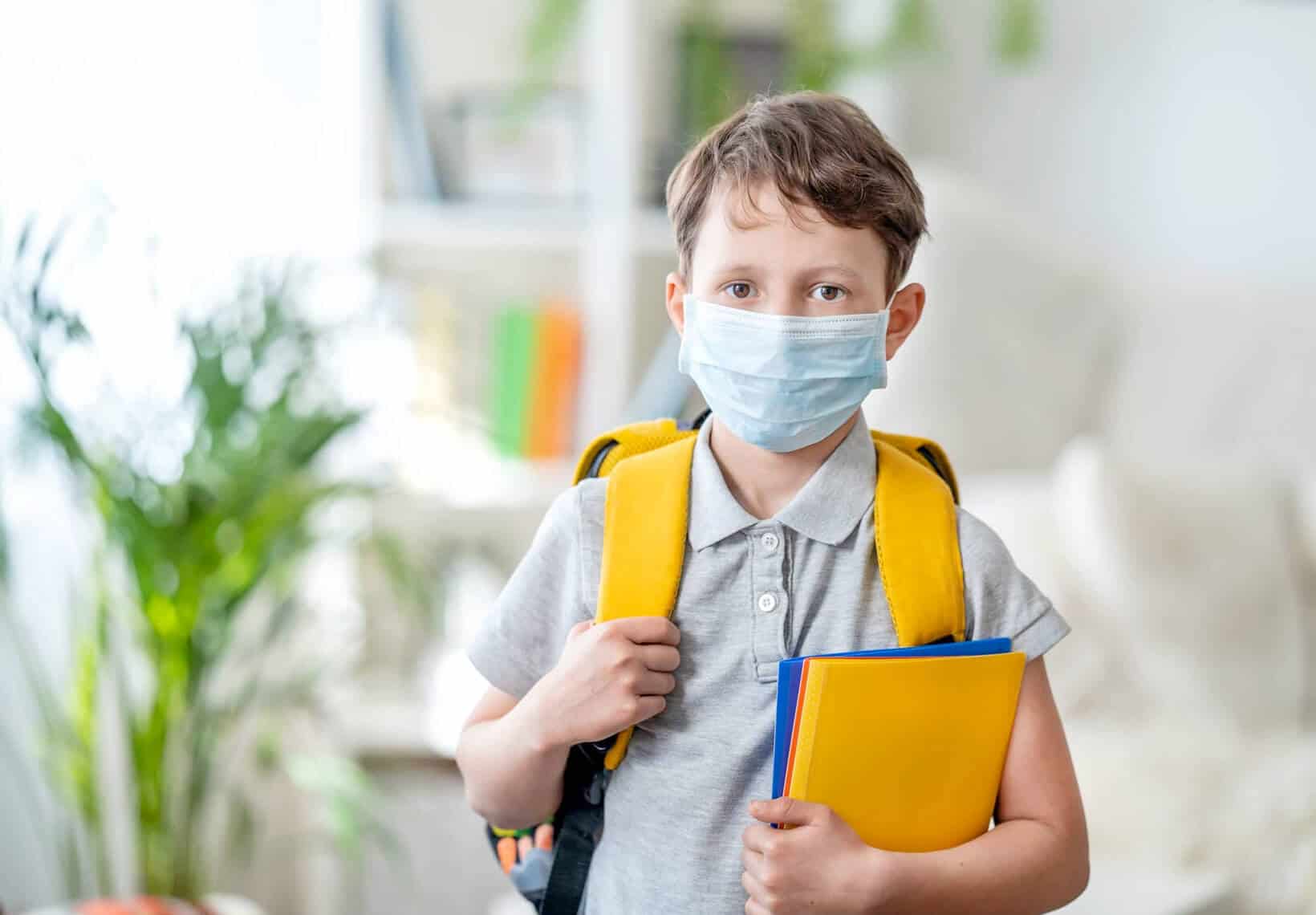This post was written by Jeanne Goodman, MD
The buzz words we can’t help but hear regarding this fall include “unprecedented”, “pivot”, “be nimble”, “stay safe”. The questions regarding the fall are seemingly innumerable: how will schools cope? what’s the most reasonable risk/benefit ratio, while keeping children’s mental health and developmental needs in mind? With so many unknowns, stress levels are running high. A key unknown parents are facing is how their children will adjust to “back to school” during a pandemic and after having the longest disruption of their school routine in recent history.
Each child has a different school set up, and each child has a different temperament, so there is no one way children will react. However, it’s safe to assume there may be anxiety and trepidation about renewing social interactions and getting used to unusual new routines. Here are three key themes to keep in mind as you move through the fall with your child:
- It will be important to tap into your compassion for your child. When your child breaks out into a major meltdown, or an ear-shattering whine, access that part of you that knows they are enduring a lot of stress in these recent months and let that cool some of your frustration. The kinder energy that you can send to them, the better chance their unpleasant behavior will subside.
- It’s a good idea to let your child lead you. Avoid projection of your own feelings or your own ideas of who your child is and how they will respond. They are ever changing and may surprise you. You may think your kid will cling and cry on her first hybrid day of school, but instead she may go running through the school doors, desperate to resume normalcy like so many of us are. So keep any leading comments like “It’s ok to be scared” or “are you feeling worried about school?” to a minimum so she doesn’t end up following your lead!
- Prioritize self-care. How do our children become who they are? New research in epigenetics tells us that our given genes are not as important as what our genes are doing, and this is influenced by our environment. In short, it’s nature *and* nurture. And right now your child’s environment is mainly you, the parents. They are spending more time with you than they are supposed to! Your own anxiety and mood management is so important. Be generous with yourself in terms of getting support. But also remember the famous concept of the “good enough” parent put forth by the psychoanalyst Winnicott. Giving your child even small concentrated doses of love and attention makes a world of difference and this is really what matters. So go easy on them and yourselves. The adage “pick your battles” rings true now more than ever. We must work hard to make home a warm and peaceful place for our children. Their genes will thank you.




